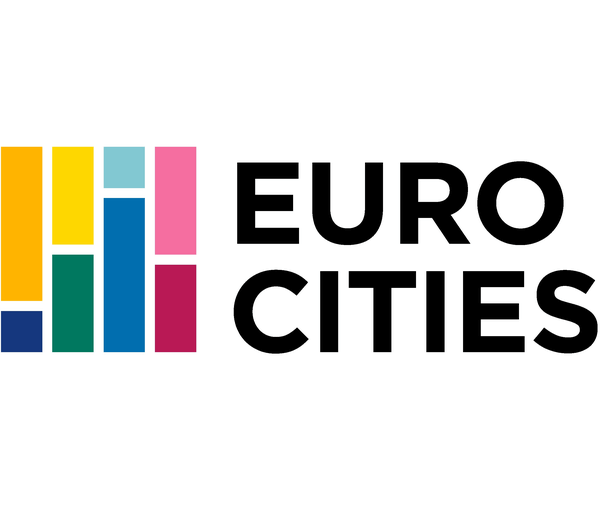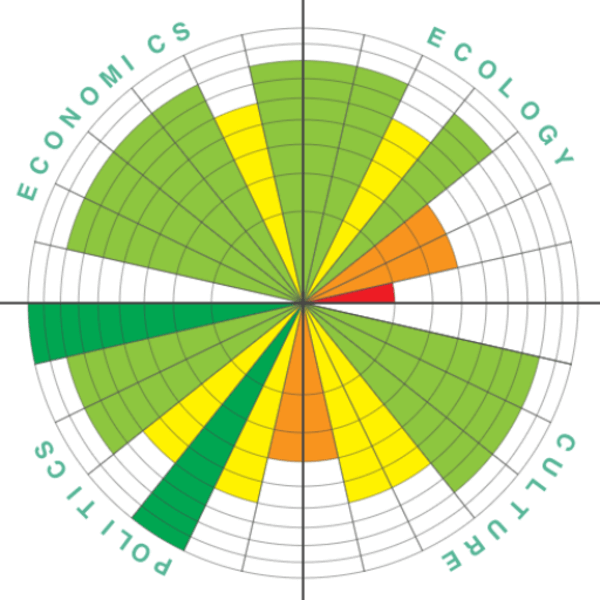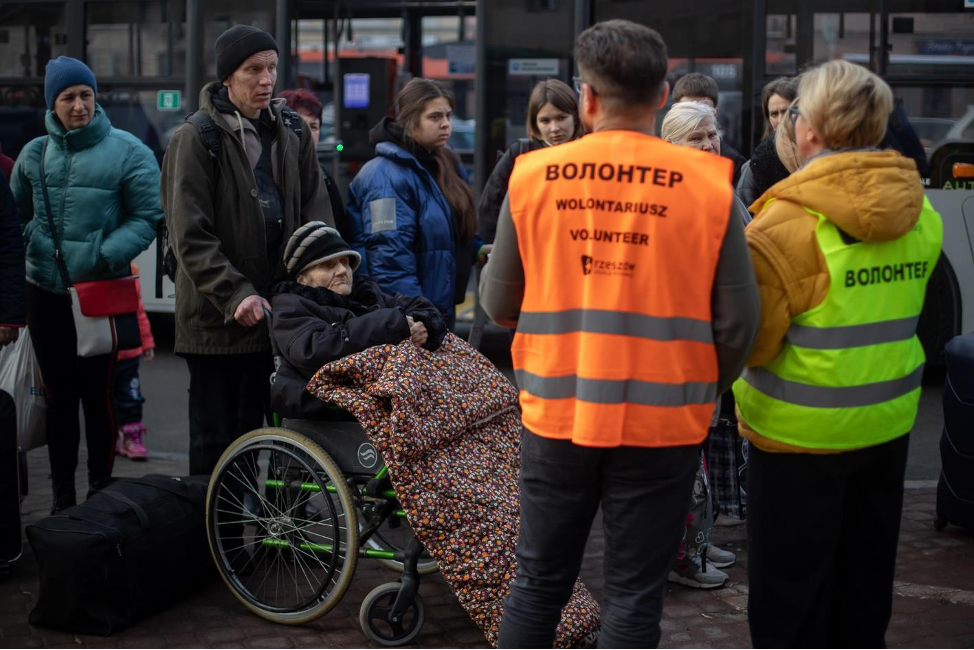 - © Grzegorz Bukala
- © Grzegorz Bukala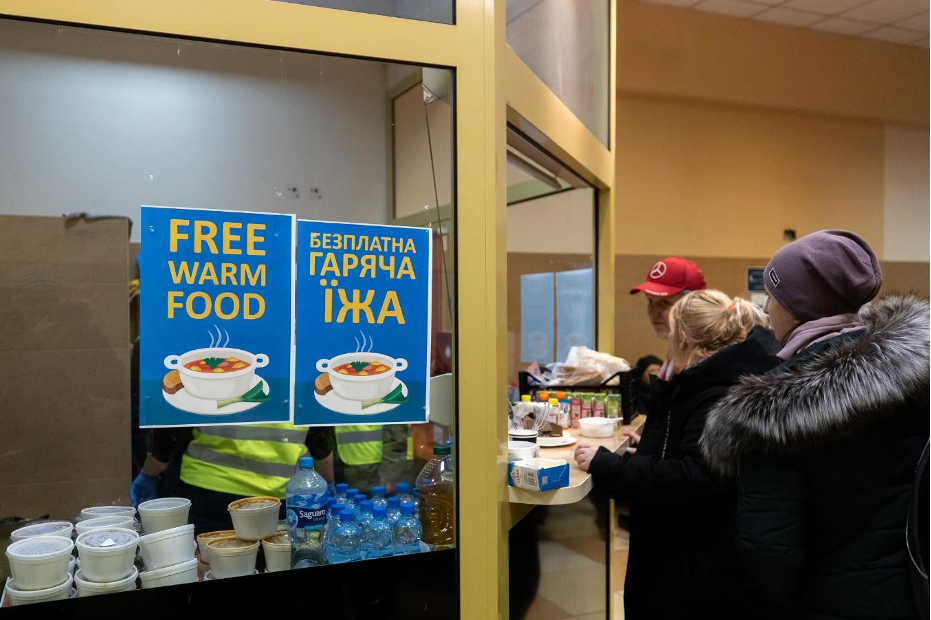 - © Grzegorz Bukala
- © Grzegorz Bukala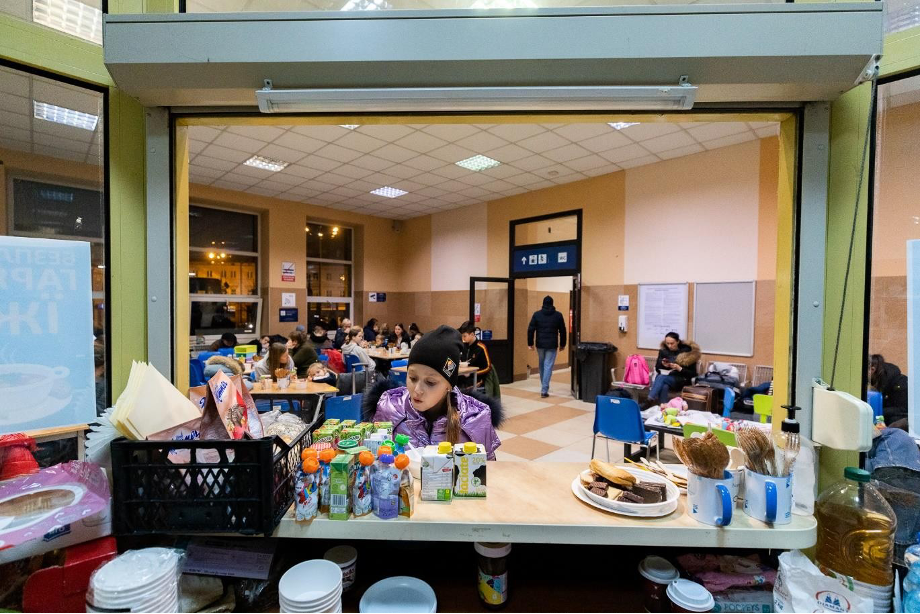 - © Grzegorz Bukala
- © Grzegorz Bukala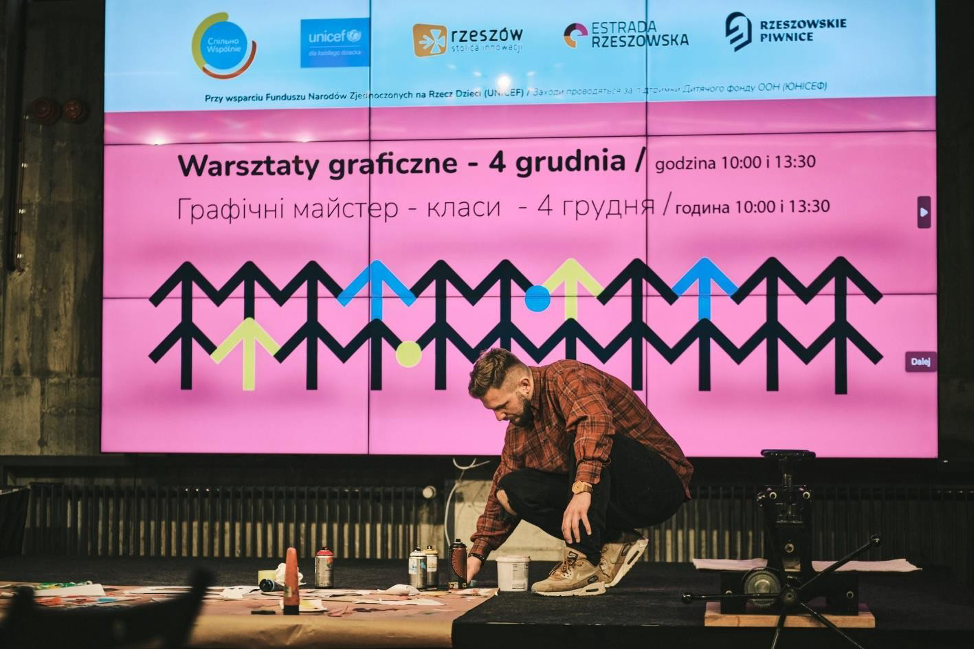 Workshop for Citizens - © Grzegorz Bukala
Workshop for Citizens - © Grzegorz Bukala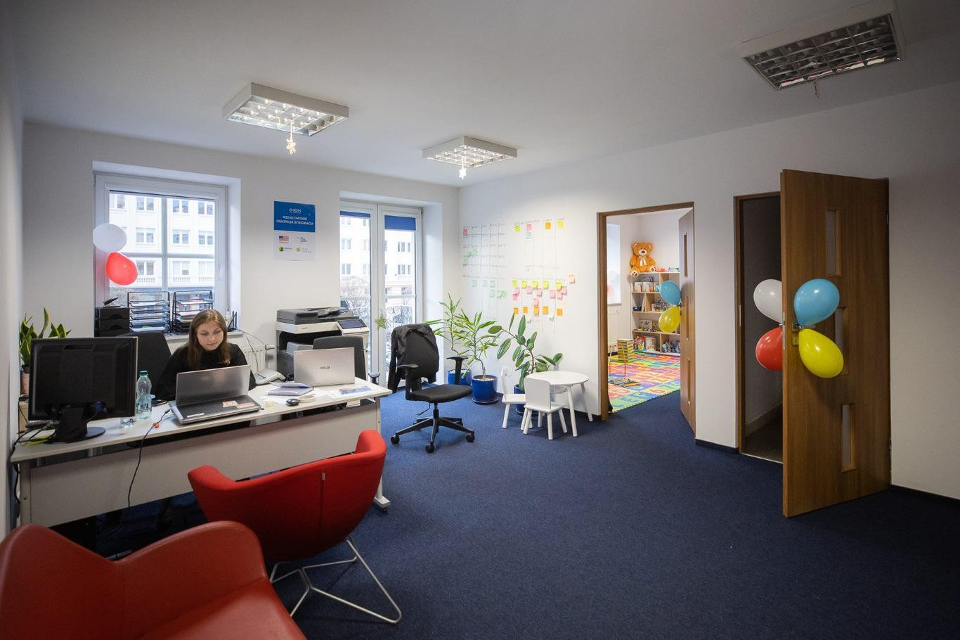 - © Grzegorz Bukala
- © Grzegorz Bukala
City
Rzeszów
Main actors
Local Government
Project area
Neighborhood or district
Duration
Ongoing since 2023
Situated in southeast Poland, Rzeszów has emerged as a pivotal location in the Ukrainian crisis due to its proximity – roughly 100km – to the Ukrainian border. After Russia's invasion of Ukraine in February 2022, Rzeszów provided a safe haven to an estimated 100,000 refugees and served as a passageway for 1.5 million of them.
The city's administration has been proactive in maintaining a secure, peaceful environment and implemented a series of initiatives to facilitate the refugees' assimilation process. Rzeszów continues to uphold the trust vested in it by the Ukrainian community, a responsibility the city acknowledges with profound respect.
This case study was originally published by Eurocities: LINK
Eurocities Awards
This project was shortlisted for the 'Eurocities Awards' in 2023 in the following category: From human global mobility to local community cohesion.
The project began spontaneously when more and more Rzeszow residents started to help Ukrainian refugees. The number of volunteers continues to grow – local people’s support takes various forms, from material aid to voluntary work to hosting Ukrainians in their homes.
On the first days, people in Rzeszów distributed homemade sandwiches and hot tea at the local railway station, a frequent stop for many locals. As the Ukrainian crisis progressed, residents set up a service point that provided warm meals, beverages and essential items. In parallel, people in Rzeszów started to collect supplies for Ukraine – from clothes, blankets, batteries to toys – that were transported daily to the war-torn country. Various points across the city were designated for the collection of humanitarian aid. Thanks to social media, Rzeszów residents could promptly respond to refugees’ calls for help and meet their needs.
In collaboration with medical centres, a building previously serving as a shopping mall was converted into an emergency shelter to accommodate 500 people. The facility served as a rest and eating point for Ukrainians en route to their ultimate destinations. Some refugees could also find temporary housing thanks to residents and NGOs. The city encouraged locals willing to help refugees to register as volunteers. City authorities continue to adapt their support to best respond to refugees’ needs and available resources. In light of the ongoing conflict in Ukraine, Rzeszów has shifted its focus and now concentrates on facilitating long-term support and assistance.
During the first months of the war, requests for aid revolved around food supplies and temporary shelter. However, as the situation evolved, so did Rzeszów’s focus. The city has now focussed on the long-term integration of Ukrainian refugees. In this new phase, Ukrainians no longer need just safe accommodation but also job opportunities, education, access to health and public services.
To foster refugees’ integration during their first months in Rzeszów, the city distributed multilingual brochures with essential information about the city, emergency contacts, and useful sentences in Ukrainian and Polish. Volunteers played a crucial role in the distribution of these materials. Given the relative closeness of the Polish and Ukrainian cultures and languages, many Rzeszów residents were able to assist in this effort.
Ukrainian children enrolled in the local schools at the start of the school year. Ukrainian-speaking teachers assisted the new students who were also offered classes in Polish. Since many Ukrainian refugees were traumatised by the war and their displacement, local authorities knew that their integration would vary from individual to individual. To help this process, Rzeszów sought to learn from other countries that had tackled similar crises in the past. International organisations offered specialised training which proved invaluable.
A partnership with the International Organization for Migration (IOM) helped the city to set up the Rzeszów Integration Centre. The Centre aims to assist Ukrainian refugees while they navigate the Polish labour market, acting as a bridge between employees and employers. Staffed by people who are fluent in Ukrainian, the Centre offers free language and vocational training. Visitors can also consult with professional business advisors and explore job opportunities.
Rzeszów local officials are committed to ensuring that refugees feel welcome and comfortable in the city. To this end, various locations display signs in Ukrainian. Events celebrating Ukrainian culture and featuring Ukrainian artists were organised to show refugees that their heritage holds a special place in Rzeszów.
The activities were funded by the city budget, the national budget and UNICEF. The total budget allocation for 2022 amounted to 8,026.024 euro.
Current number of refugees in Rzeszów – 30.000
Temporary refugee center located in a converted shopping mall (Full Market) – capacity of the centre is 500 people
Volunteers:
Number of municipality employees involved in the management of the refugee situation: 380
Number of volunteers at all relief points: about 1.000
Number of volunteers at all relief points on a daily basis: about 300
Rzeszow’s efforts were recognised with the title "Rescuer City", an honour bestowed by Ukrainian President Volodymyr Zelensky.
Ukrainian refugees have a legal right to live and work within the European Union. They are also entitled to the same benefits as Polish citizens, such as health insurance, free public education and child allowances. Rzeszów's population has grown thanks to the influx of Ukrainian refugees; some of the newcomers also wish to remain in the city long-term. Meeting newcomers’ accommodation needs remains a complex task for the city; it requires meticulous planning, infrastructure development, and financial management.
The crisis poses numerous challenges to social services, which must be adapted to serve a growing population. The focus is now to provide employment opportunities, facilitate access to education, and arranging long-term accommodation for refugees. These tasks have a significant impact on Rzeszów’s capacity. Most rental properties are nearing full occupancy in the city, highlighting the need to secure funding for expanding or refurbishing existing infrastructure.
Rzeszów has become a frequent destination for international politicians, artists, and representatives from humanitarian organizations. The city has collaborated with global organizations such as UNHCR, UNICEF, IOM, MEDAIR, and CORE. Some of these entities have established offices in Rzeszów and are partnering with local businesses, organisations and authorities to offer aid to refugees and bolster volunteer efforts in refugee centres. A long-term agreement with UNICEF is helping the city to organise activities to foster Ukrainian children’s integration, adapt schools to the new students, hire more caregivers, and expand access to vaccinations and healthcare services.
Thanks to a collaboration with the World for Ukraine Foundation, Rzeszów hosted the W4UA Summit, an international event for NGOs, academics and policymakers. The event aimed at integrating and supporting efforts for Ukrainian refugees. The three-day summit offered professionals from different fields the opportunity to network, exchange ideas and share experiences. It also provided an excellent platform for establishing new partnerships to safeguard human rights and discuss future actions.
Ukrainians can legally live, study, and work across EU countries. While most Ukrainian students continue their education remotely, they also have the chance to enroll in local schools and learn Polish.
On Map
The Map will be displayed after accepting cookie policy
